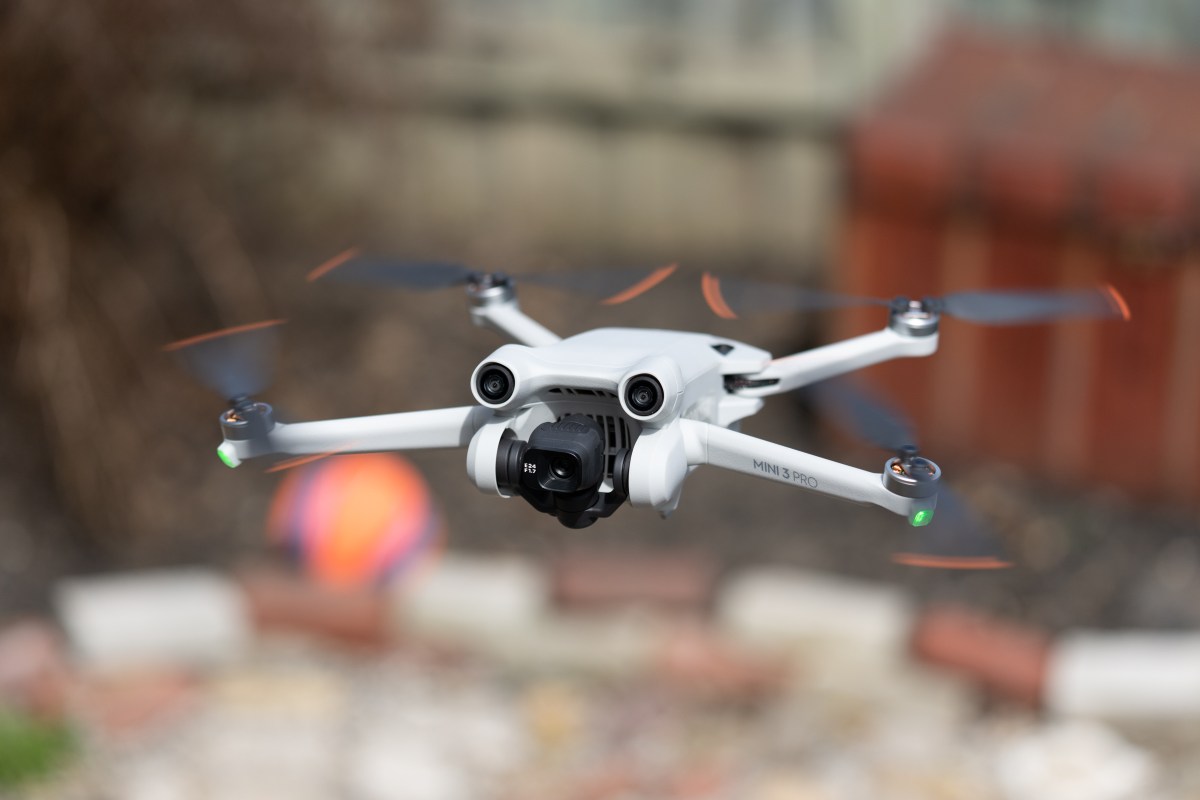DJI Takes Legal Action Against US DoD Over “Chinese Military Company” Designation
A High-Stakes Battle: Allegations, Impact, and the Future of Tech
Table of Contents
Drone technology giant DJI has filed a lawsuit against the US Department of Defense (DoD), challenging its inclusion on a list of “Chinese military companies.” This move comes after over sixteen months of attempted dialogue between DJI and the DoD, ultimately leading to legal action. The situation highlights the growing tensions between the US and China in the tech sector and raises crucial questions about national security, corporate autonomy, and international business practices.
A History of Scrutiny: From Entity List to Investment Blocklist
This lawsuit isn’t DJI’s first encounter with US government scrutiny. In 2020, the Department of Commerce placed DJI on its Entity List, effectively barring US companies from selling to it. The following year, the Treasury Department added DJI to its investment blocklist due to alleged involvement in the surveillance of Uyghur Muslims in Xinjiang. DJI has consistently denied these allegations, stating that it has “nothing to do with treatment of Uyghurs in Xinjiang.” These previous actions have undoubtedly impacted DJI’s operations and reputation, leading to significant financial losses, reputational damage, and even harassment of its employees.
Legal Arguments and Counterclaims: A Battle Over Definitions
DJI’s lawsuit argues that the DoD report justifying its listing is flawed, relying on outdated information, misidentifying individuals, and applying an incorrect legal standard. The company emphasizes that its founder and CEO, Frank Wang, along with early-stage investors, hold a majority of both voting rights and shares, further distancing DJI from any alleged military control. The DoD has yet to respond publicly to the lawsuit. However, this case is likely to have significant implications for the future of US-China relations, particularly in the realm of technology and innovation. It also raises important questions about the criteria used to designate companies as “military” and the potential consequences of such designations.
The situation surrounding DJI underscores the complexities of international business in an increasingly polarized world. Companies like DJI face challenges navigating geopolitical tensions, regulatory scrutiny, and public perception. Understanding these dynamics is crucial for businesses operating in global markets. For more information on navigating international business challenges, visit our comprehensive guide: International Business Challenges.


